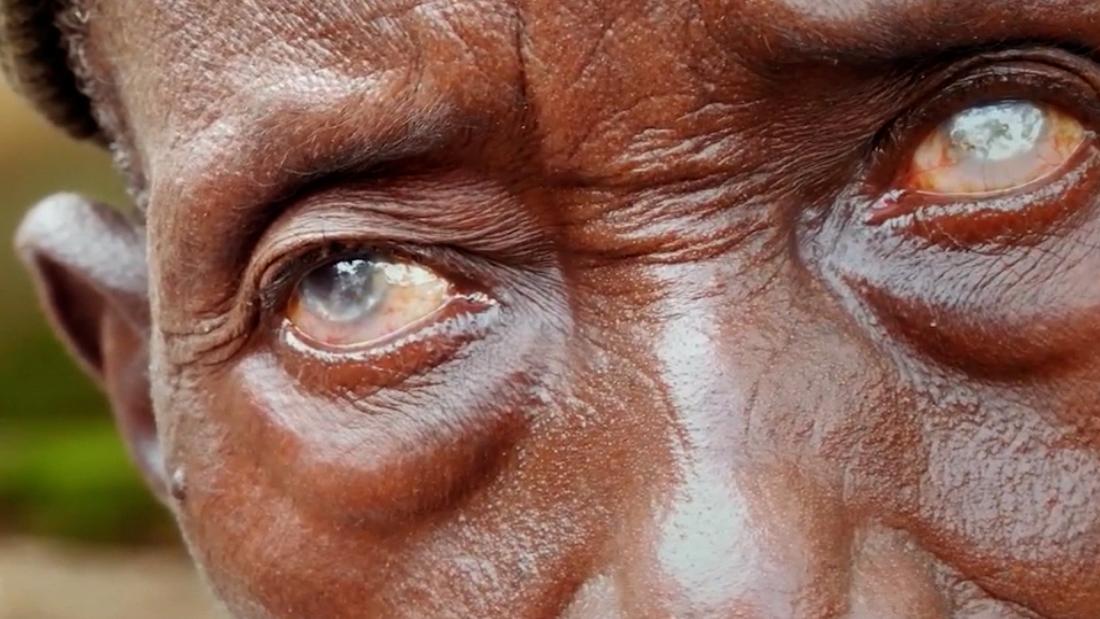An expert has cautioned that lifestyle factors, including diet and physical activity, significantly contribute to the development of eye conditions.
Conditions such as hypertension and diabetes, which are increasing worldwide, can also lead to eye problems.
According to the World Health Organization (WHO) in 2023, over 2.2 billion people worldwide are affected by near or distance vision impairment, with at least 1 billion cases being preventable or treatable.
In the African Region alone, approximately 26.3 million people suffer from visual impairment, with 20.4 million having low vision and 5.9 million estimated to be blind.
Related News: IPOB Pleads for Release of Kanu, Citing Deteriorating Health in Detention
Shockingly, 15.3% of the world’s blind population resides in Africa, often due to health ignorance, negligence, or financial constraints hindering access to treatment.
The leading causes of vision impairment and blindness globally include refractive errors, cataracts, diabetic retinopathy, glaucoma, and age-related macular degeneration.
However, specific causes vary due to differences in eye care service availability, affordability, accessibility, and population education levels.
In a recent talk with Saving Point Media, a prominent medical expert highlighted the increasing trend of eye illnesses worldwide.
Factors contributing to this rise include demographic shifts and the prevalence of non-communicable diseases like hypertension and diabetes, particularly as the global population ages.
The lack of routine eye check-ups integrated into healthcare systems or covered by insurance in Africa, combined with financial barriers, often leads people to delay seeking medical attention until symptoms worsen.
Cultural perceptions around healthcare also play a role, as many individuals only visit hospitals when they perceive a significant health issue rather than for preventive care.
Despite efforts to improve accessibility and affordability of eye care services, many individuals in Africa still face obstacles in accessing timely treatment, exacerbated by economic factors and competing priorities for limited resources.
To address this, individuals are urged to prioritize regular eye check-ups, especially those with a family history of eye diseases.
Preventive care, such as regular eye examinations at least twice a year as recommended by the WHO, can help prevent the worsening of eye conditions and reduce the burden of eye illnesses globally.
You can also read: Father of Tragically Slain Toddler Appeals for Urgent Medical Assistance for Injured Son


